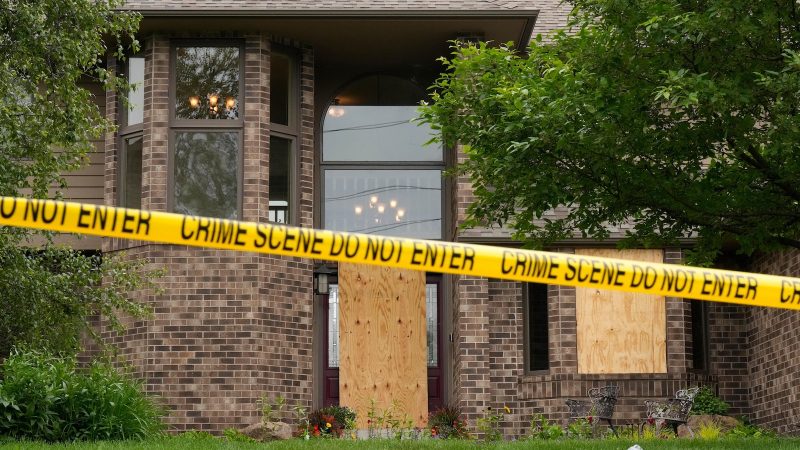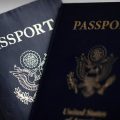
A lifelong friend of Vance Boelter, the alleged gunman in the Minnesota shooting that claimed the lives of two lawmakers and injured two others, has spoken out about the shocking events. David Carlson, who knew Boelter since childhood, described a man struggling with unseen internal turmoil, a ‘darkness’ that he believes was carefully concealed. Carlson’s account paints a picture of a complex individual, a former pastor and father of five, who seemed outwardly normal yet harbored deep-seated issues that remained undetected by those closest to him.
Carlson recalled Boelter’s recent job loss and disappointment at the lack of responses to his job applications. This, coupled with a sudden return to the Democratic Republic of Congo, where he had previously established several businesses, hinted at a period of instability in Boelter’s life. However, these actions, while unusual, didn’t immediately raise alarm bells for Carlson, who described Boelter’s past actions as impulsive and extreme. He cited instances like Boelter’s unauthorized trip to Gaza in the 1990s, where he was detained for preaching Christianity, as evidence of his tendency to act recklessly.
Despite his outspoken criticism of Democrats, something Carlson attributes to Boelter’s strong religious beliefs, his friend never exhibited any signs of violence or potential for such a horrific act. While Boelter’s writings revealed an intent to target Democrats, Carlson and another friend, Paul Schroeder, confirmed they had never heard him mention specific targets or express violent intentions. The discovery of lists containing the names and addresses of Minnesota public officials, mostly Democrats, found in Boelter’s possession, sent chills down Carlson’s spine, especially considering that some of this was written while Boelter was staying at Carlson’s home.
The morning of the shooting, Carlson received a disturbing text from Boelter, warning of impending death or disappearance. Initially concerned for his friend’s suicidal state, Carlson’s subsequent call to the police inadvertently connected the text to the unfolding tragedy. The revelation left Carlson deeply shaken and questioning whether there were missed opportunities to intervene and offer help to his longtime friend. The contrast between the man he knew and the man depicted in the surveillance footage, wearing a mask during the attack, is stark and profoundly disturbing.
The incident underscores the complexities surrounding acts of violence and the challenges of identifying warning signs, even within the closest of relationships. While Boelter’s outspoken political views and religious beliefs were known, the depth of his internal struggles and the shocking culmination of his actions remain a mystery, leaving behind a trail of grief and unanswered questions.










